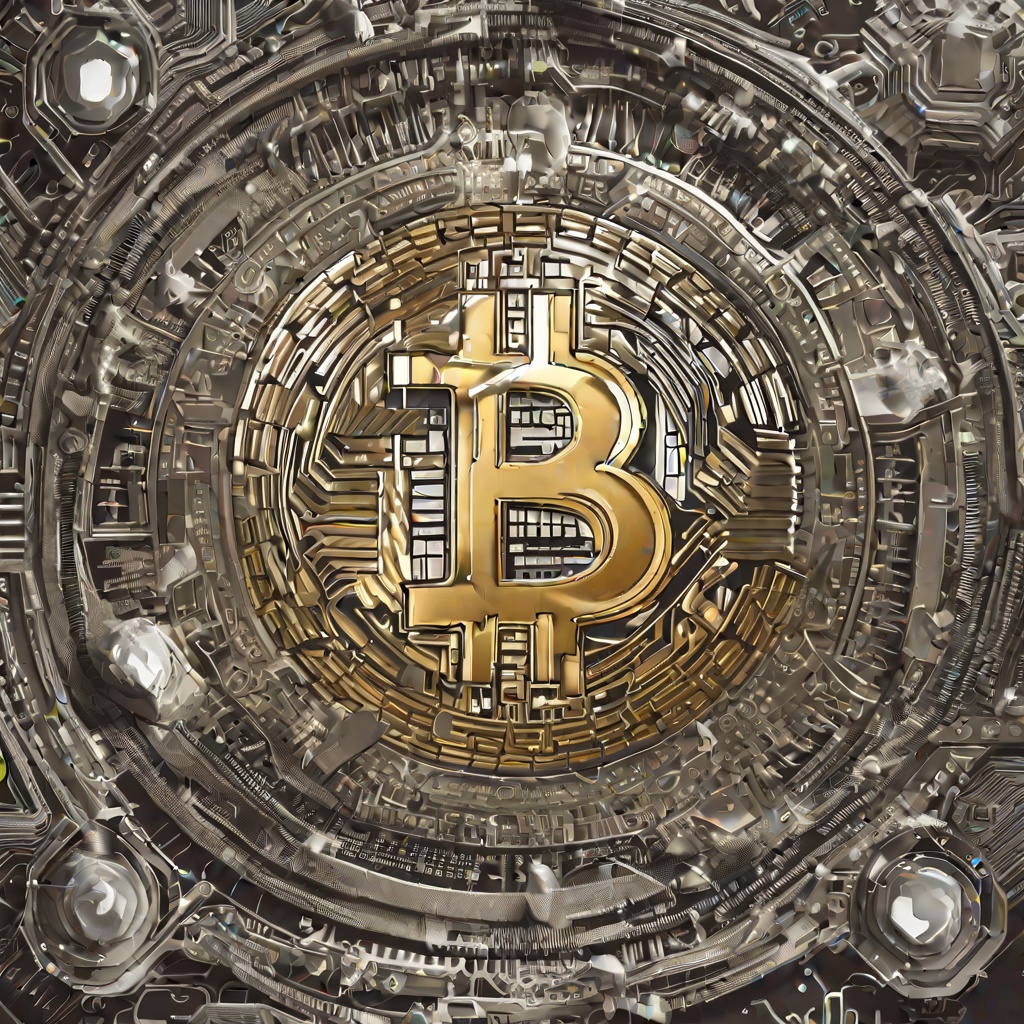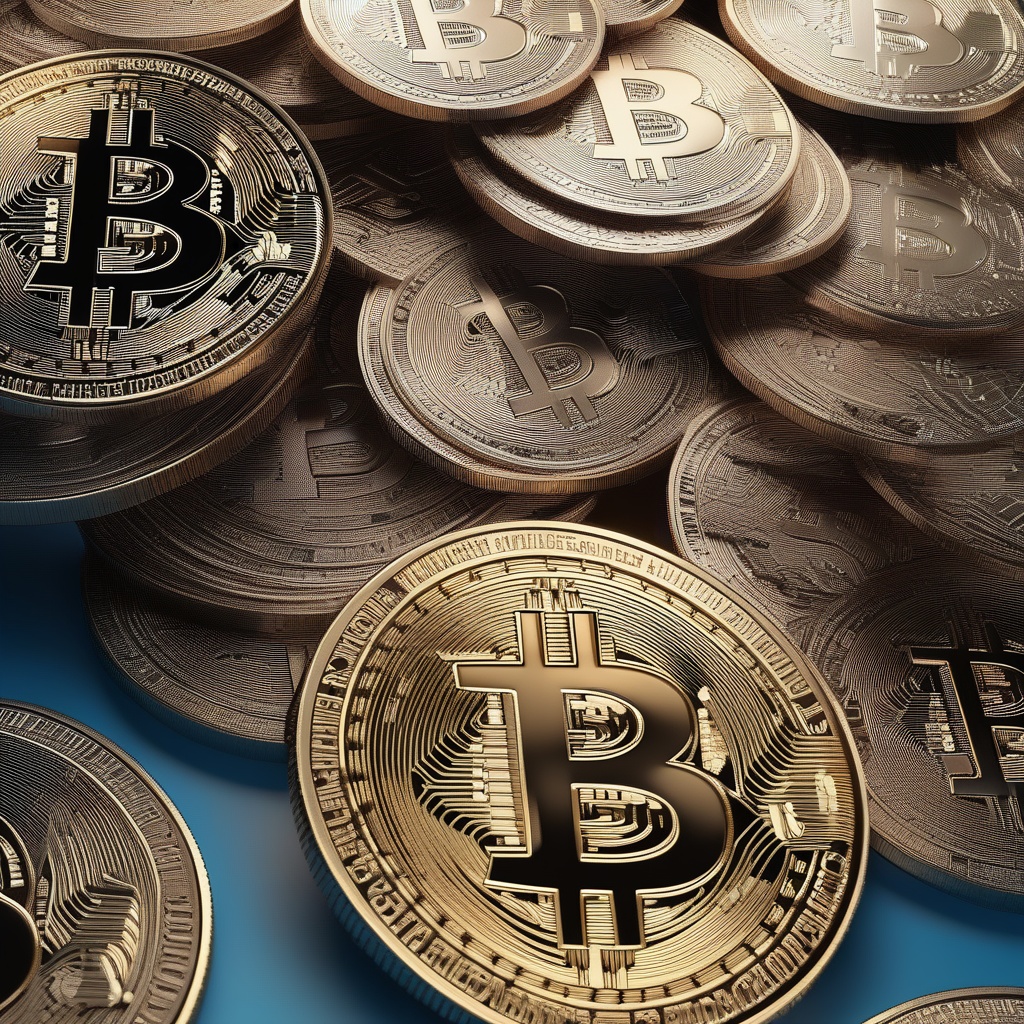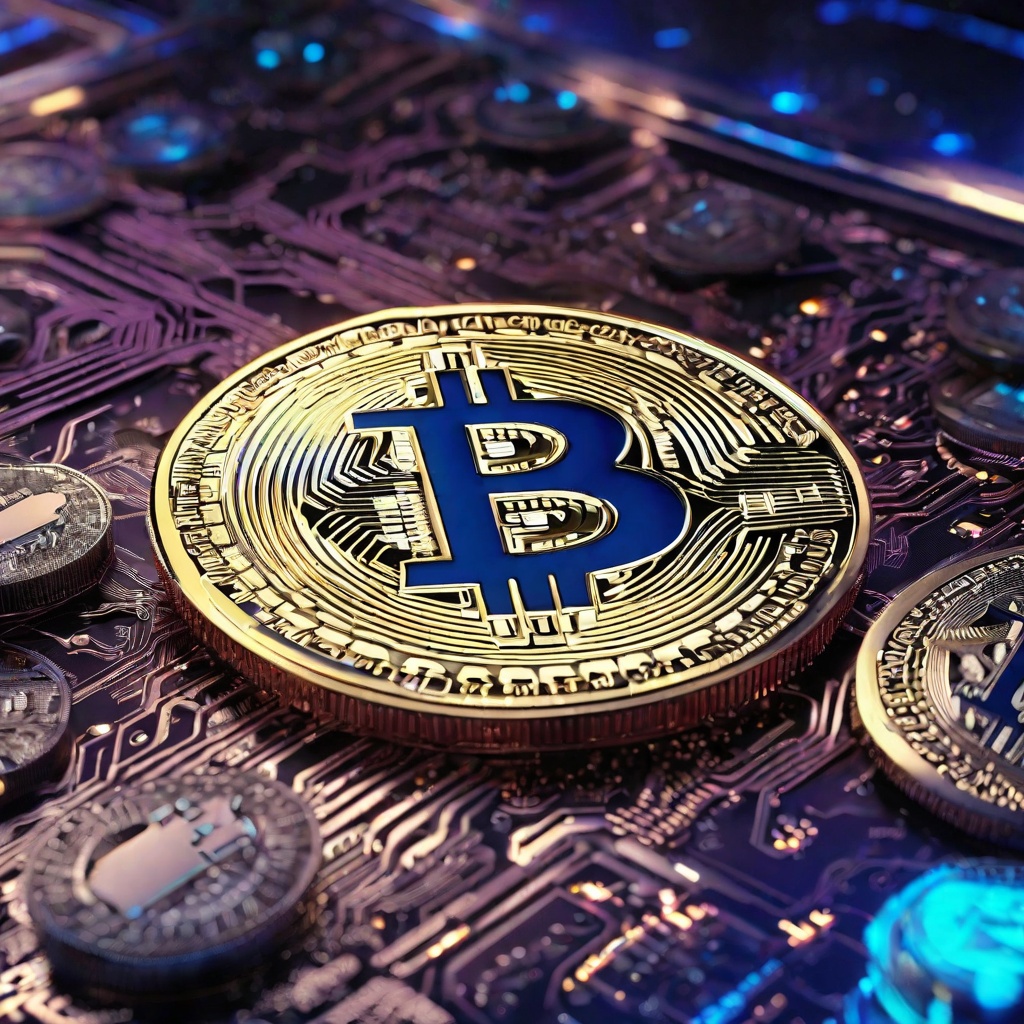Which wallet does not collect gas fees?
I'm looking for a wallet that doesn't charge gas fees when making transactions. I want to know which wallet offers this feature as I'm trying to reduce costs associated with my cryptocurrency transfers.

Does BNB have gas fees?
I'm wondering if BNB, the cryptocurrency issued by Binance, has gas fees associated with its transactions. I want to understand if there are any additional costs when using BNB for various activities on the Binance platform or elsewhere.

What crypto has the lowest Gas fees?
I'm exploring various cryptocurrencies to understand which one has the lowest Gas fees for transactions. Gas fees can significantly impact the cost-effectiveness of crypto transactions, so it's crucial to identify the most economical options. I'm specifically interested in comparing popular cryptocurrencies like Ethereum, as well as any potential alternatives that might offer lower fees.

How much are gas fees on BNB Blockchain?
I'm curious about the cost of gas fees on the BNB Blockchain. I want to know how much I would need to pay for transaction fees when using this blockchain.

Does Binance have gas fees?
I'm wondering if Binance charges gas fees for transactions. I've heard about gas fees in the context of cryptocurrency, and I'm curious if Binance also has them.

